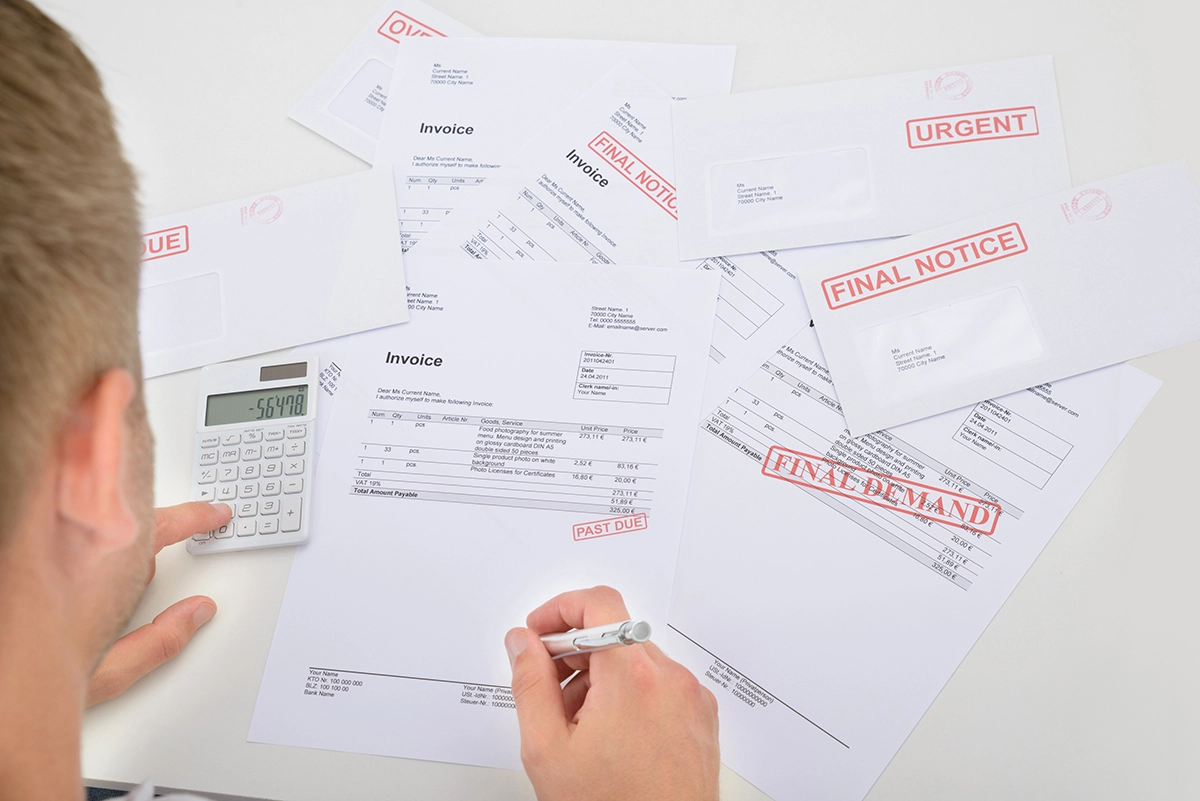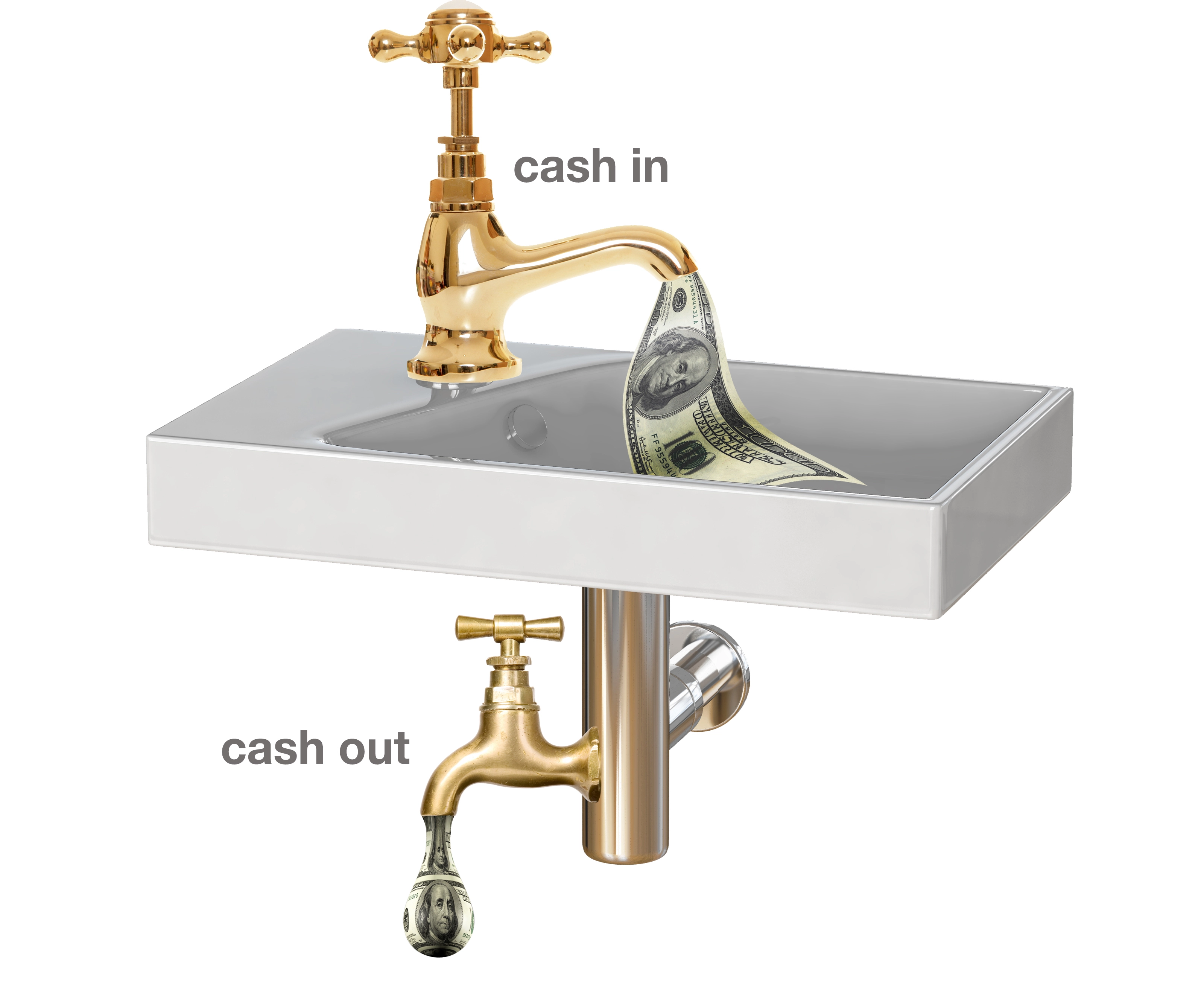Your dispatcher can make or break the profitability of your service department and potentially your company. Dispatch is one of the most stressful positions, because the dispatcher is constantly juggling the phone, the technicians, the customers and the boss. If they drop the ball, then a customer could get mad and the company loses a paycheck, a great technician could get fed up and go to your competition or worse.
My definition of dispatch includes taking customer phone calls, setting up the calls, calling the customer before the technician is to arrive, debriefing calls with the technician and following up with customers after service calls.
Some companies break up these job duties as the number of technicians increases and the customer base grows. For example, a company might have a person who answers the telephone and sets up the calls and another person who calls the customer before the technician is to arrive, lets the technician know where they're supposed to go and debriefs the technician when they complete a call. And, you might have a third person who follows up with customers after service calls are completed.
Even though dispatch does not produce revenue for the company, dispatch is responsible for making sure the revenue-producing technicians stay productive and producing revenue. Here are five ways to increase dispatcher productivity and, therefore, profitability.
Dispatch Assigns All Calls
Dispatch must be responsible for technicians. Owners, managers and technicians cannot schedule calls. When this happens, it totally screws up a schedule and costs hours of productivity (i.e. revenue production), both for the dispatcher and for the technicians.
When a customer calls an owner or manager to schedule a call, the owner or manager must transfer the call to the dispatcher. This is a tough lesson for many owners and managers to learn.
It's also the dispatcher's responsibility to assign the calls based on location, experience and rapport with a customer. Dispatchers keep technicians productive by knowing where the technicians are at all times, and following up with them if it appears a call is taking longer than expected.
First Calls Given Evening Prior
Technicians should go to their first call from their homes. They should not come to the office first.
Dispatchers need time and space first thing in the morning. They should have the next day's schedule completed as much as possible the evening before. Technicians get their first call that evening. They begin work at that first call. Unless there is significant travel time involved, technicians are paid from the time they arrive at that first call.
The only time technicians should come to the office is for disciplinary issues, training meetings, to pick up parts (if you don't have a parts runner) or to turn in service tickets.
Many times the dispatcher can route a tech to the office on their way to the next call so they can drop off service tickets and pick up parts.
Keep a Notebook
Dispatchers should keep a daily notebook with all conversations, as well as a to-do list. At the end of the day, the dispatcher reviews what hasn't been done and creates the to-do list for the next day. When the dispatcher arrives the next morning, the to-do list gets completed.
Notations on yellow sticky notes don't work. The yellow sticky notes get stuck to other paperwork or get lost & often times, along with important information. It's a waste of time and dollars to try to find that piece of paper.
Keep a Tickler File
Part of the debriefing process is asking a technician what work was recommended that the customer did not approve. This work goes into a tickler file for slower time periods.
There are also files when the customer, at the end of summer says, "I'll fix it next spring." Or, at the end of winter, the customer says, "I will fix it next fall."
Tickler files can be kept in a file drawer or electronically. When it's slow, the dispatcher should call the customer and say, "The last time NAME was at your home, he recommended that X be done. NAME is available tomorrow or DAY to take care of this issue for you."
This is billable work for technicians in slower times of the year.
Keep Second Call of Day Open
As the dispatcher schedules calls, they should leave the second call of the day open. Then, when an emergency arises or a maintenance customer has a call, it can easily be scheduled.
If the dispatcher schedules calls without a break, the whole schedule needs to be redone if an emergency arises. This causes productivity issues for the dispatcher and the technicians.
Keeping the second call of the day open also helps the technician on call. If they have to return with a part, it's easy to slide this customer into the open second call.
In slower times of the year, when the dispatcher doesn't fill in the second call of the day, it's easy to move the third and subsequent calls up. Most customers are happy that the technician will be arriving sooner than expected.
Implement these five actions to increase your dispatch productivity.
 Ruth King is president of HVAC Channel TV and holds a Class II (unrestricted) contractors license in Georgia. She has more than 25 years of experience in the HVACR industry, working with contractors, distributors and manufacturers to help grow their companies and make them profitable. Contact her at ruthking@hvacchannel.tv or call 770-729-0258.
Ruth King is president of HVAC Channel TV and holds a Class II (unrestricted) contractors license in Georgia. She has more than 25 years of experience in the HVACR industry, working with contractors, distributors and manufacturers to help grow their companies and make them profitable. Contact her at ruthking@hvacchannel.tv or call 770-729-0258.


 Ruth King is president of HVAC Channel TV and holds a Class II (unrestricted) contractors license in Georgia. She has more than 25 years of experience in the HVACR industry, working with contractors, distributors and manufacturers to help grow their companies and make them profitable. Contact her at
Ruth King is president of HVAC Channel TV and holds a Class II (unrestricted) contractors license in Georgia. She has more than 25 years of experience in the HVACR industry, working with contractors, distributors and manufacturers to help grow their companies and make them profitable. Contact her at 



